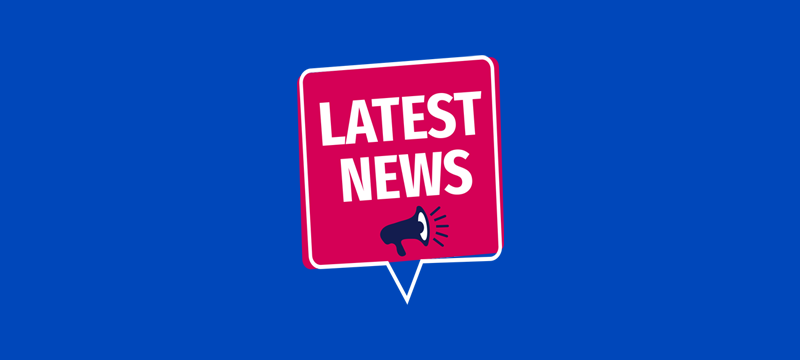Welcome to our latest round-up of news from the technology and hosting world. Here’s what we’ve discovered this week.
DeviceSHIELD: free anti-fraud tool for online business
In a bid to help small, online companies during the pandemic, Cybersecurity outfit, SHIELD, has launched a free security tool offering real-time risk intelligence. Called DeviceSHIELD, it assesses the authenticity of digital devices and provides actionable intelligence to businesses so they can detect counterfeit smartphones and stop fraudulent transactions.
DeviceSHIELD analyses thousands of characteristics to identify fake devices and can also detect the malicious tools they use to commit fraud, such as app cloners, emulators, VPNs and GPS spoofers. The tool will provide businesses with a risk score for each device interaction and will continue to profile the risk throughout a user session. It can also be integrated with other cybersecurity solutions.
800% increase in web app attacks
According to CDN Networks latest State of the Web Security report, attacks on web applications have increased 800% over 2020. So far this year, CDN Networks has blocked over 4 billion of these attacks which use malformed requests and injected payloads to steal or modify data and obtain user privileges. The biggest target, getting 26% of attacks, was the public sector, followed by retail.
Bot attacks have also been on the rise, double the number on last year, with over 10 billion incidents blocked by the company. These seem to target economic trends and, following the pandemic, began attacking eCommerce and gaming businesses. Other key findings in the report include the increasing use of machine learning by hackers to detect and crack vulnerabilities in systems and networks and a 147% rise in DDoS attack since the start of the pandemic.
Kar-go – autonomous delivery for the UK
Developed by the Academy of Robotics and looking like a frog on wheels, the Kar-go has just made its first automated delivery in Hounslow, taking medicines from a pharmacy to a nearby care home. It is, however, something we should all get used to seeing over the next couple of years and will likely become highly popular with local businesses.
The first autonomous electric delivery vehicle in the UK, its combination of AI, advanced robotics, package management system and driverless vehicle technology means it can cut short distance delivery costs by up to 90%. And being electric, it is also much greener than the typical delivery vehicle.
Hatchback-sized, the Kar-go has a range of 60 miles and is designed to carry small payloads across city-centres, suburbs and rural locations. It uses self-optimising AI to make real-time navigational decisions and employs a unique vision system to manoeuvre safely along roads. Once at its destination, its robotic arms hand the package to the recipient.
Although it has a range of fail-safe layers to ensure safety, current legislation means there must also be a human driver in the vehicle.
Dundee Council make cloud move
Dundee Council joins the growing list of public sector organisations adopting cloud technology. With the council needing to invest almost £1 million to maintain its ageing on-site datacentres, a cost-analysis showed that cloud adoption was the more cost-effective solution. As a result, the migration saw the vast majority of the council’s data and 95% of its ICT functions move to the public cloud.
Apart from capital expenditure savings, the migration provides the council with improved management and monitoring of services, especially out of hours. Additionally, the council will benefit from increased resilience and the flexibility of the cloud’s scalable infrastructure which will enable it to access resources on-demand while cutting costs through its pay as you go payment structure.
eukhost is an HM Government G-Cloud supplier providing cloud services to the public sector.
73% of businesses embrace automation
According to research from Deloitte, the number of organisations using automation has increased from 48% to 73% over the last year, with growing numbers adopting multiple autonomous processes. Technologies such as robotics, machine learning and natural language processing are growing in popularity as companies seek more cost-effective and efficient ways to operate.
68% of organisations have deployed automation as a direct response to the pandemic, many seeing it as a lifeline which has helped them increase processing capacity, productivity and accuracy. It has also helped with ensuring business continuity during the lockdown and for supporting remote working.
Deloitte’s research also predicts that robotic technologies will be adopted by 93% of businesses by 2023, with 89% of them doing so using public cloud infrastructure.
Visit our website for more news, blog posts, knowledge base articles and information on our wide range of hosting services.



